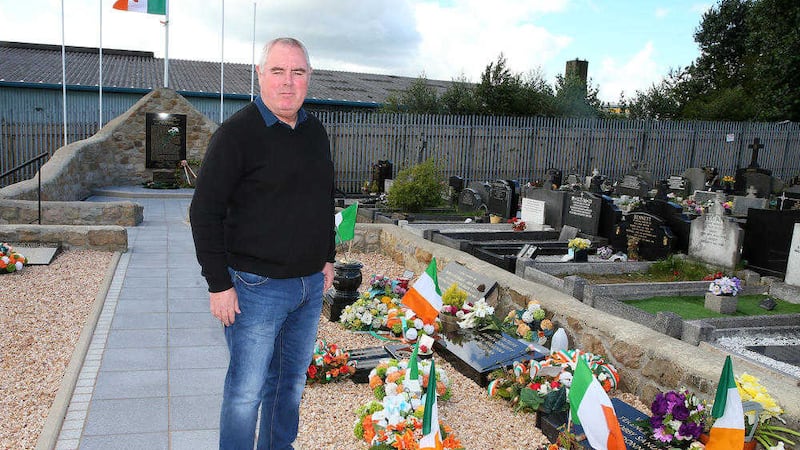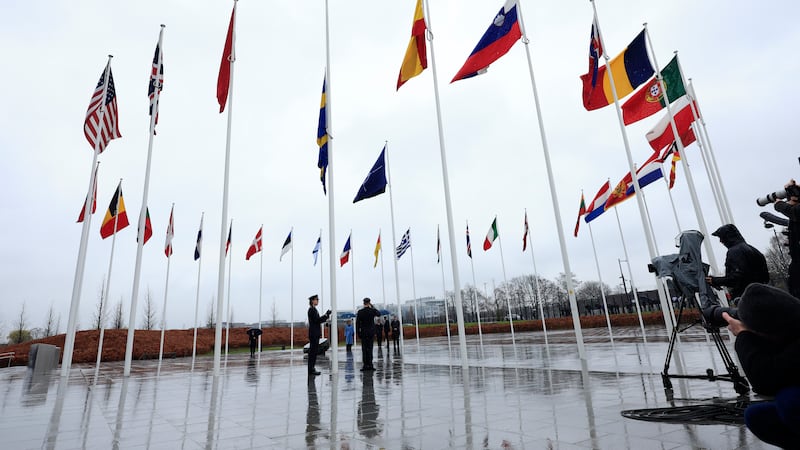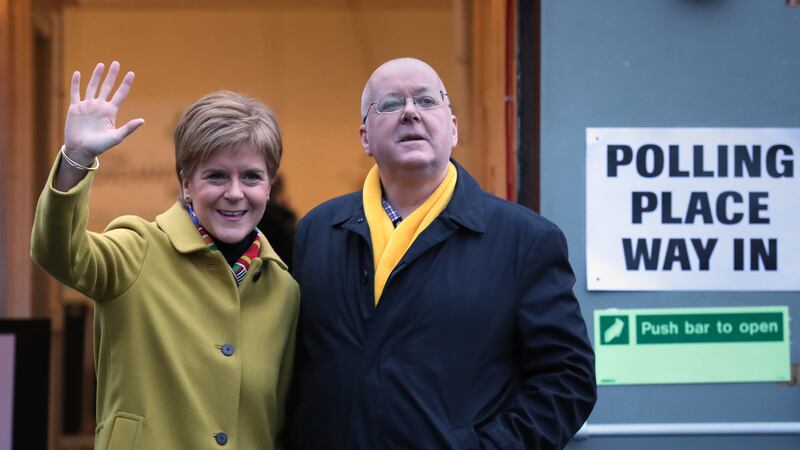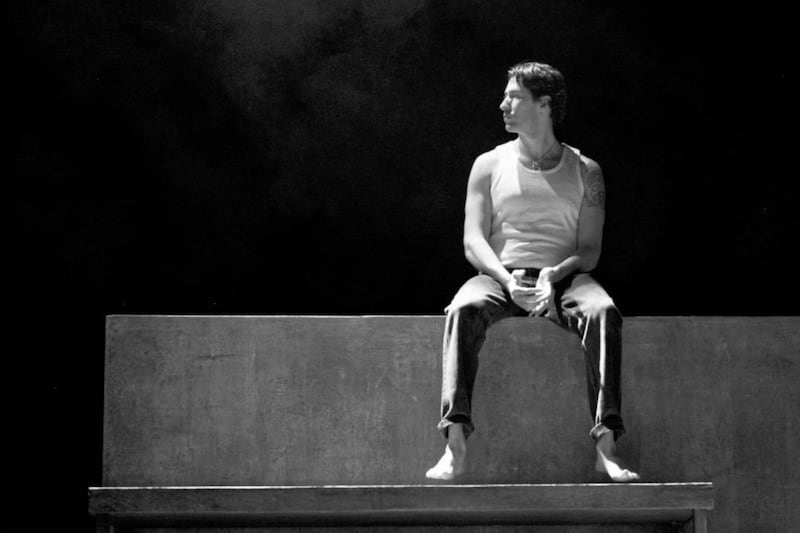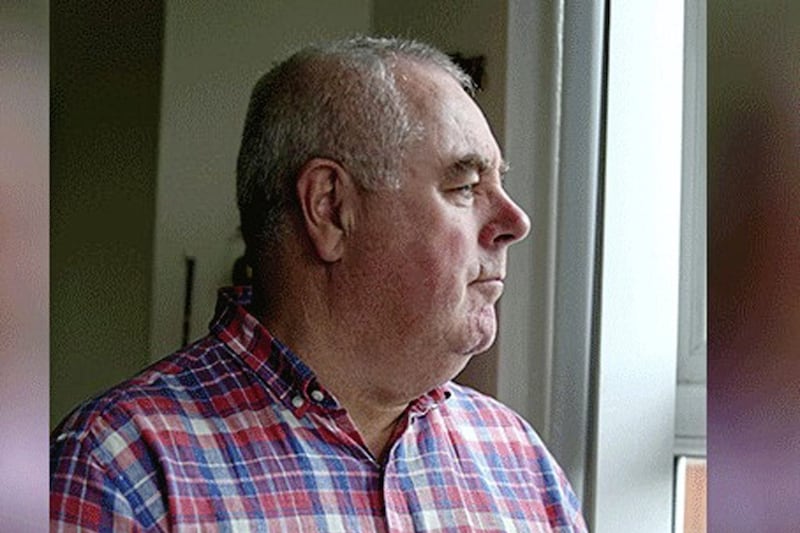A FORMER republican prisoner has called on Sinn Féin president Gerry Adams to apologise to the relatives of hunger strikers after recently released secret files revealed that a “good offer” was made by the British that could have ended the deadly fast.
The call was made by former IRA prisoner Richard O’Rawe who has previously claimed that republican leaders outside the jail rejected a deal that could have ended the strike and saved the lives of six of those involved.
In his 2005 book Blanketmen the west Belfast republican, who was the IRA’s second-in-command in the prison during the hunger strike, claimed that a potential deal was accepted by him and north Belfast republican Brendan 'Bik' McFarlane, who was the ‘Officer Commanding’ in the jail at the time.
His version of events has been strongly disputed by Sinn Féin in the past.
Fresh details about the controversy have emerged with the recent release of previously secret British state papers which show that government officials discussed the existence of a back channel between the IRA and British government and a deal offer.
The new information has now prompted Mr O’Rawe to call on Gerry Adams and former Sinn Féin director of publicity Danny Morrison, who was involved in hunger strike negotiations, to apologise.
Details of the deal were mentioned in a memoir from NIO official Stephen Leach to NIO permanent secretary Sir John Blelloch, who served as deputy secretary and a key adviser during the hunger strike and is believed to have been an MI5 officer.
In the memo Leach warned Blelloch that the author of a book about the hunger strike, Padraig O’Malley, wanted to ask him questions about the existence of an intermediary.
He said: "During the second hunger strike in June/July 1981 ... the Irish Commission of Justice and Peace (ICJP) had some meetings with senior republican figures including Gerry Adams.
"Adams told them in confidence about the Mountain Climber and indicated that a 'good offer' had recently been received via this channel."
Mr O’Rawe maintains that Gerry Adams and others outside the prison later rejected the deal.
The Mountain Climber was later revealed as MI6 officer Michael Oatley who acted as a go-between between Margaret Thatcher’s government and republicans.
The memo also states that after a period of inactivity the "Mountain Climber was re-activated and on 19 July he allegedly passed a 'better offer' which the republican leadership wanted to accept".
"However, the prisoners themselves refused to accept this offer without public assurances on certain points. These were not forthcoming and no compromise was therefore reached," said Leach.
Mr O’Rawe disputes this claiming that prisoners were not told about the second offer at the time and therefore were not in a position to reject it.
Mr O’Rawe urged Mr Adams and Morrison to apologise to former hunger strikers and the families of those who died.
“In either case an apology is needed for the hunger strikers and their families and the wider community that suffered so greatly as a result of the hunger strike,” he said.
“Lets have a bit of humility after 35 years.
“It’s the decent thing to do.”
Mr O’Rawe said the declassified files, and previously released papers, support his version of events.
“The British were broke, the hunger strike broke the British,” he said.
“Adams and Co said more was needed and because they said that the whole thing collapsed and six more men died.”
A statement published on the Bobby Sands Trust website referred to the interview eventually given by Blelloch to Padraig O’Malley.
“Blelloch bluntly says ‘no’ to the question of whether there was scope for an accommodation, stating that there was too huge a gulf between the Thatcher government’s position and the prisoners’ demands,” the statement said.
The statement added: “In the interview, Blelloch rubbished such claims that the British government compromised or softened its position before the death of Joe McDonnell.”
Sinn Féin did not respond to a request for a comment.
